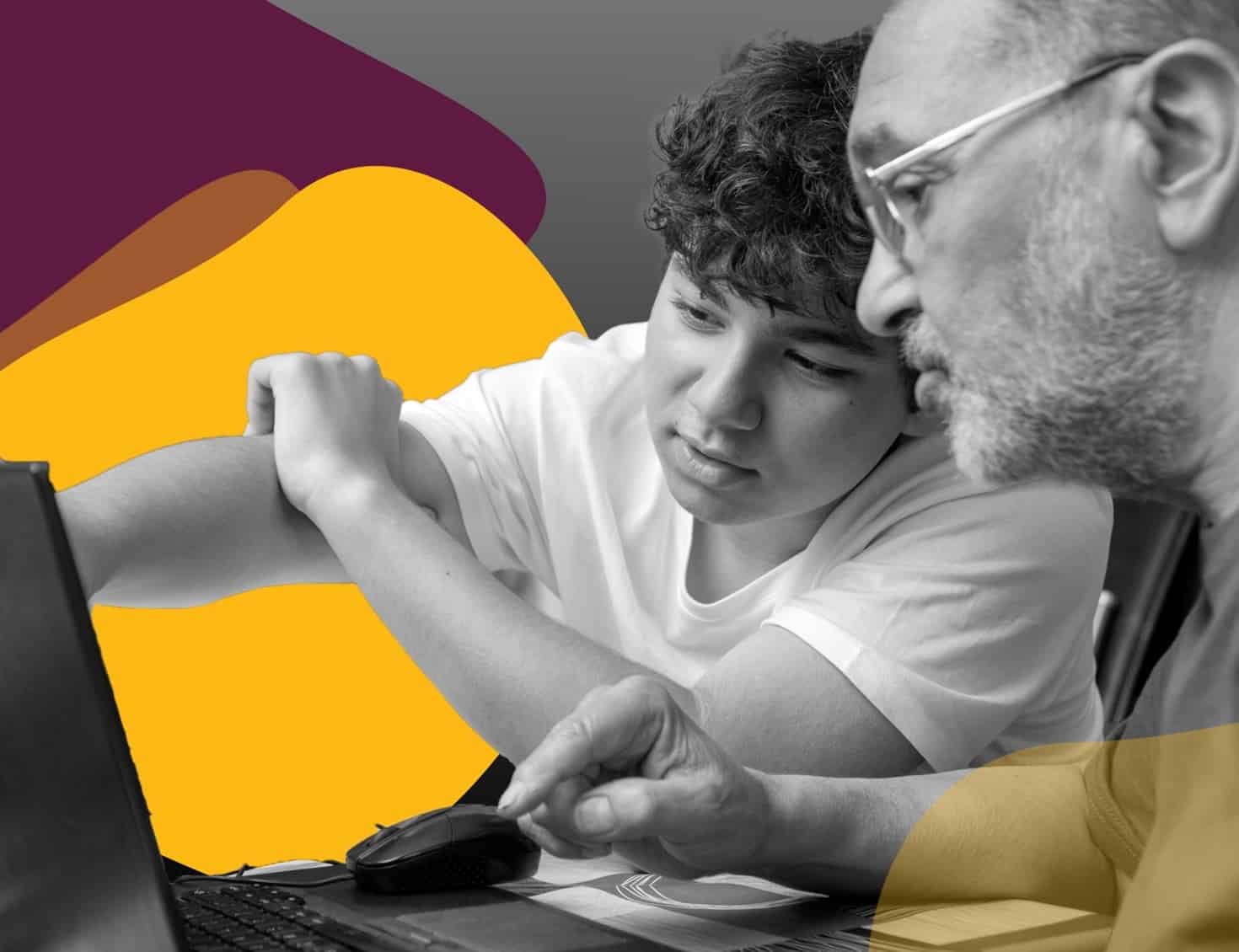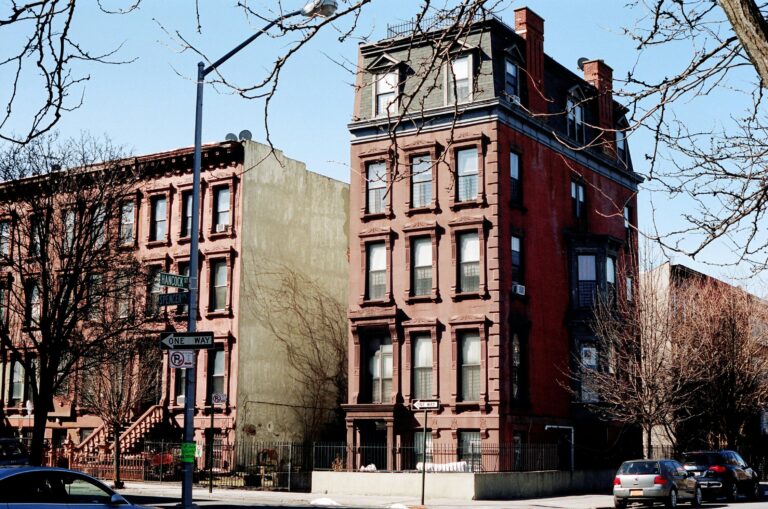Earlier this month, EducationSuperHighway encouraged the Federal Communications Commission (FCC) to implement robust outreach and enrollment support for the Affordable Connectivity Program (ACP) – the federal government’s monthly broadband subsidy program for income-eligible households – with the goal of drastically increasing the number of unconnected households who are aware of the federal program and take advantage of it to connect to the internet at home.
The FCC also requested comment on a pilot program the agency will launch with Federal Public Housing Authority residents to increase ACP enrollment amongst this target population.
Last year, Congress created the Affordable Connectivity Program, a new long-term, $14 billion programs, to replace the Emergency Broadband Benefit Program (EBB) in the Infrastructure Investment and Jobs Act (IIJA). This historic investment in broadband affordability will help ensure that historically unconnected individuals and families are able to afford the connection they need for work, school, and health care
EducationSuperHighway strongly advocated that, unlike the EBB which was an emergency measure to help households stay online during the global pandemic, and did little to connect new unconnected households, the ACP should be used to address the broadband affordability crisis for under-resourced households and help eradicate the digital divide.
EducationSuperHighway has conducted extensive research on subsidy adoption efforts around the country and implemented ACP subsidy adoption pilots in targeted cities. We were excited to share our learnings to help inform the FCC’s efforts to structure a national ACP outreach grant program and develop the framework for an ACP pilot program focused on eligible households who participate in Federal Public Housing Assistance programs.
You can view EducationSuperHighway’s full comments here and a brief summary of many of our recommendations is below:
EducationSuperHighway has identified three (3) main barriers to broadband adoption: trust, awareness, and process-related enrollment challenges.
EducationSuperHighway recommended the FCC structure its outreach grant program to support and incentivize outreach grant recipients to overcome these challenges utilizing the following strategies:
- Prioritize the inclusion and training of local community-based organizations with established ties to the community;
- Develop targeted messaging that spells out the value proposition of broadband adoption for key demographic groups and have trusted community partners deliver the messages;
- Support and incentivize outreach grantees to use paid outreach enrollment staff who possess the digital fluency necessary to assist households with navigating the enrollment portal, including uploading and downloading documents, etc.;
- Encourage both in-person and remote outreach models;
- Encourage and fund 1:1 enrollment support;
- Prioritize and fund technology for CBOs to support enrollment; and
- Encourage grantees to leverage community events to facilitate ACP sign-ups.
Again, these were a few of EducationSuperHighway’s recommendations gleaned from our own pilot work around the country, as well as research and study of the most successful digital divide efforts that have taken place historically, as well as the many herculean efforts that took place during the COVID-19 health crisis.
In response to the FCC’s request for comments on its proposed federal public housing pilot, EducationSuperHighway proposed two key pilot models that could serve as testbeds for key programmatic changes to the ACP. EducationSuperHighway believes these programmatic models could dramatically improve the efficacy of the ACP overall.
EducationSuperHighway recommended the following:
#1 Aggregate ACP benefits to fund the monthly internet cost for a property-wide wireless network that would provide free internet to all households in the building.
A property-wide wireless network has the potential to allow every household in an apartment complex to get and stay online as easily and as simply as signing into a wireless network at a Starbucks, airport, or hotel.
Bulk purchasing is a highly cost-effective tool for connecting multiple internet users at reduced cost and is particularly cost-effective for an apartment building using a Wi-Fi distribution network, which can provide ubiquitous service with one high-capacity connection to the building.
Current ACP rules do not allow or support this broadband deployment strategy. EducationSuperHighway suggested the FCC use the limited scope of the Federal Public Housing pilot, to test out the challenges and benefits of this solution.
#2 ACP Non-profit remote enrollment support
Federal Public Housing Authorities have staffing constraints that would make it extremely difficult to train and staff to do the time-consuming work of assisting households with ACP enrollment and then helping households sign up for internet access with an internet service provider.
EducationSuperHighway has long advocated that the FCC allow nonprofits and other organizations with no financial incentive to utilize the tools of scale and provide remote assistance to ACP applicants. EducationSuperHighway advocated that this pilot program could serve as a limited scope test case for this type of support.
You can view EducationSuperHighway’s full comments here.
NEXT STEPS
EducationSuperHighway is currently piloting an Affordable Connectivity Program Adoption Toolkit for Local Leaders (mayors, town managers, county executives, etc.) along with an Affordable Connectivity Program Adoption Toolkit for School Districts.
These toolkits will give local and educational leaders access to step-by-step action plans, templates, and the collateral and support necessary to help them engage and activate local stakeholders in the work of getting all households access to the subsidies and internet service they need to get connected.




